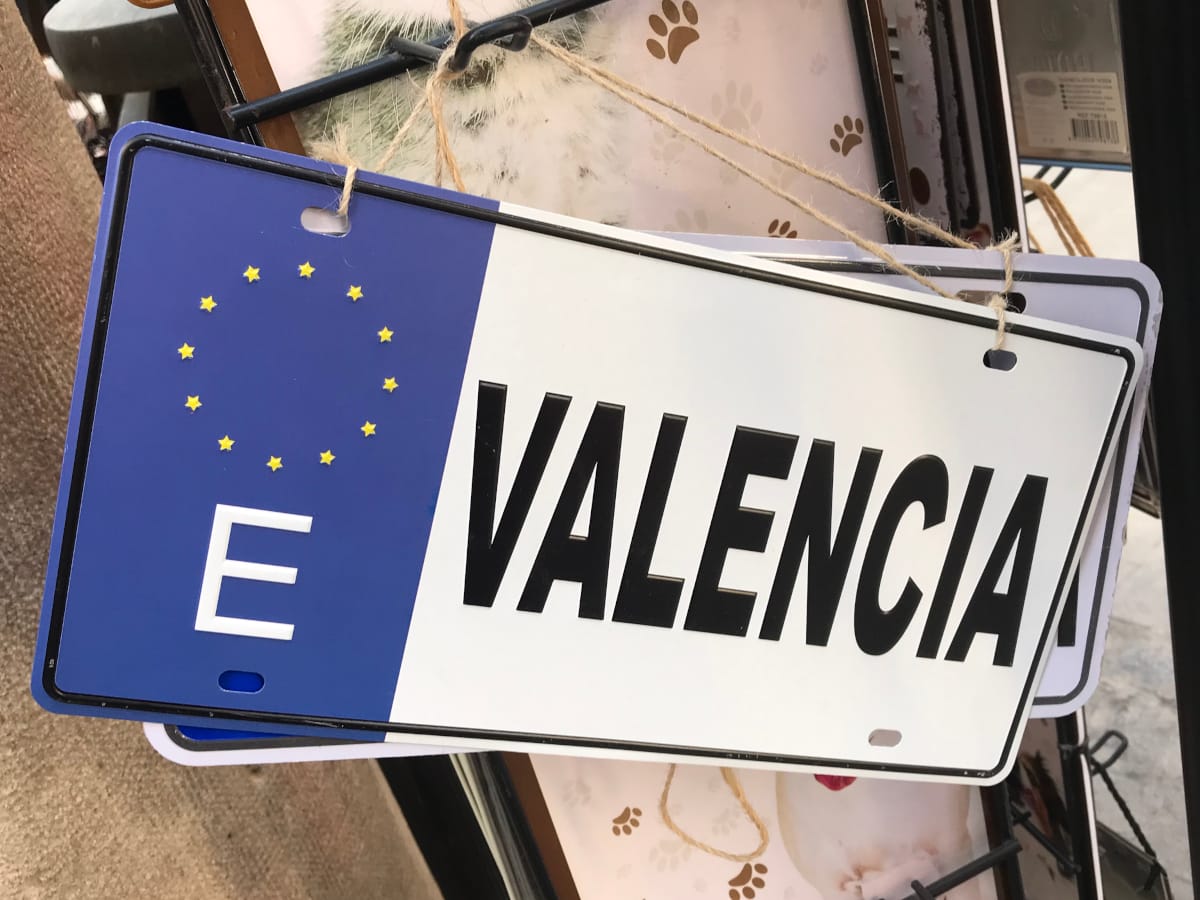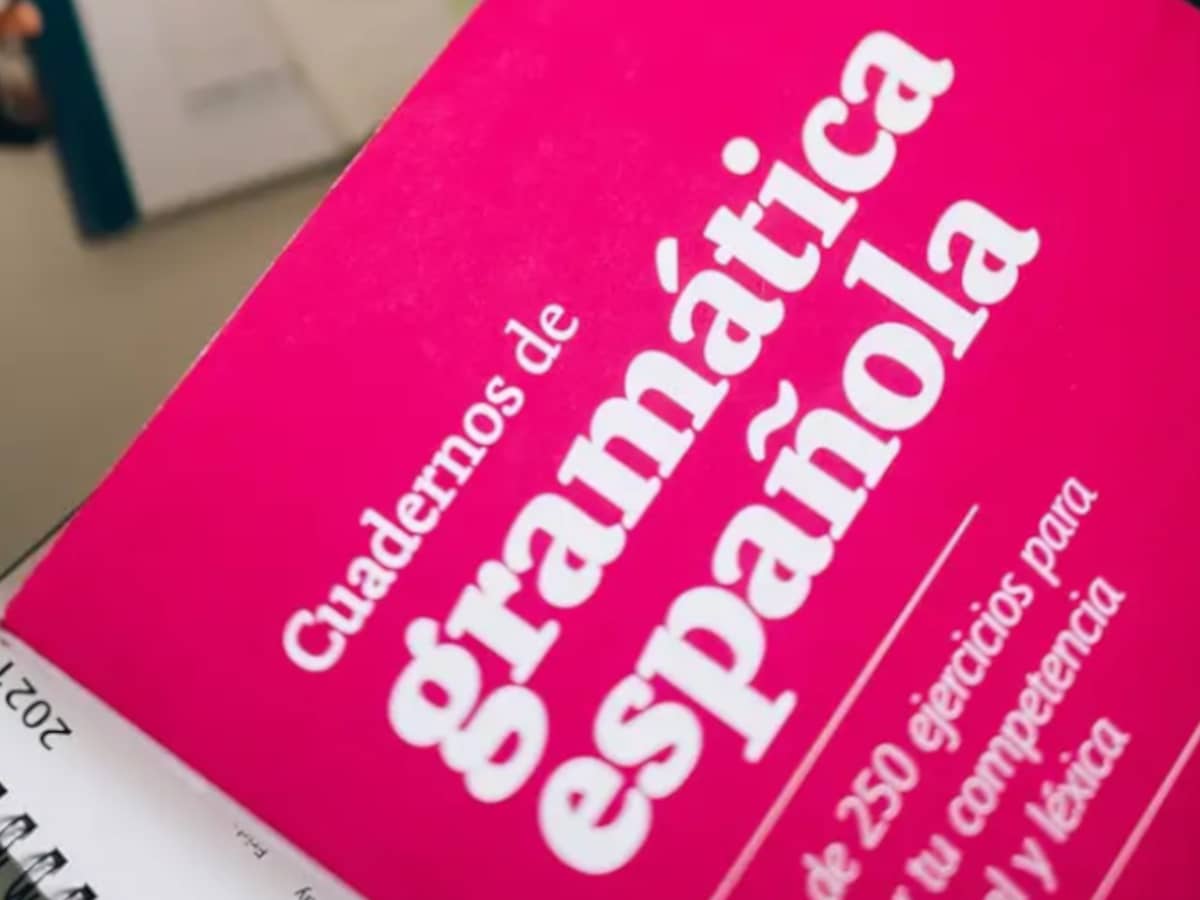What I see in my head isn’t what my mouth says
“So, you must know Spanish?” is what people ask when I say I live in Spain. Alas, no. And when they find out I’ve been here three years there is a mental tsk-tsk and a “What’s your problem?” sigh.
First things first, I live in an English-speaking household so I’m not receiving the full-immersive experience. And contrary to what some wags have suggested, I’m not getting a Spanish girlfriend. My wife wouldn’t approve of that nor would I be comfortable with the inverse situation. Even though I don’t hang around with a lot of English-speaking expats, I still haven’t achieved the fluency I had hoped to by this time. But I’m trying my best to learn in spite of this.

Sitting with my Spanish-speaking cycling compadres at the post-bike, après gathering I am lost. Normally, I understand a few words and phrases and can somewhat follow the conversation. However, when the words flow faster, they jumble together, and I’m cast adrift. It doesn’t help that there’s a bit of alcohol and fatigue involved.
Other languages pop out unexpectedly
So what’s the problem? This reminds me of being in Italy 20+ years ago: I felt like I was making progress in learning Italian – then I had to leave after I graduated. The irony is that even decades later, when I’m at a loss for a Spanish word, an Italian one will pop into my head unsummoned. They’re similar, but not exact matches (PDF), around an 82% overlap.
Usually, it’s numbers, such as the Italian dodici for the Spanish doce (twelve). It’s an old habit but does help at times. During my last job, several years ago, a colleague was amazed that I could read a Spanish text just using what I knew from my Italian experience.

At a Spanish-language class, oh, yes, I’ve done those, I was told that I have a large Spanish vocabulary but can’t communicate. I can read well enough, though. My routine includes watching the subtitled news in Spanish. It’s somewhat like flashcards, text appearing and disappearing on the screen in quick succession. I can follow well enough but I don’t get a lot of the spoken words. It doesn’t help that the subtítulos are 15 or so seconds delayed.
Reading Spanish isn’t the same as hearing the spoken word
That’s the main issue; I’m a visual learner. Hearing it pronounced isn’t how I said it in my head while reading it. I’ve slaughtered words with abandon and ignorance. “Poligono” (Po-lig-ah-no) came out as “Pah-lee-gah-no.” Potable started as “Po-ta-ball” instead of “Po-tab-leh.” By the way, potable is the same in English, such as drinkable water. Poligono, or polygon in English, actually refers to an industrial park. After several attempts, the target of my mangled articulation finally understood what I was getting at and corrected my diction. The list goes on…
Contrary to past thought, one doesn’t lose the “plasticity” in the brain due to age alone. It’s the lack of simulation, and acquiring new skills, such as learning music or a new language, is a definite cerebral boost. What I find most difficult is actually the accent. That goes back to the aforementioned spoken words sounding different than the ones in my head.
A trip to Segovia was enlightening. The Castilian form of Castellano is actually easier to understand (for me) than the Valencian-inflected Spanish where I live. There’s also the decoding process, which isn’t natural. So it takes a few seconds to actually understand the question or statement. This is more difficult when there’s no context. Suddenly I’m called on to respond and suddenly the deer-caught-in-the-headlights look crosses over my face.
It’s a process that ebbs and flows
But there are some days when I think I’m getting it. Every so often I actually get something out, I’m understood, and there’s that connection. More than once, I’ve been stopped on the street by someone asking directions in my barrio. After imploring them “Habla más lento,” speak slower, I get the question being asked and I am able to point them to their destination.

I’m fairly competent during almuerzo or lunch. Though I can understand what’s on offer, I usually order my regular tomato with tuna, and anchovy on toast. It’s easier on my stomach for riding afterwards. Some of the lunch fare can be heavy and I’ve learned from experience to avoid tortillas – omelet-like dishes with meats and cheeses. This isn’t the Mexican flatbread that U.S. readers are familiar with.
When I first arrived in Spain, I sometimes dreamed in Spanish. Now I dream of speaking Spanish in the waking world. My goal isn’t perfect fluency. It’s the ability to understand. When I’m frustrated at my perceived lack of progress, I recall this small phrase: poco a poco, little by little. So I plod on. Maybe I’ll sign up for more conversation classes – but at a slower pace.




Leave a Reply